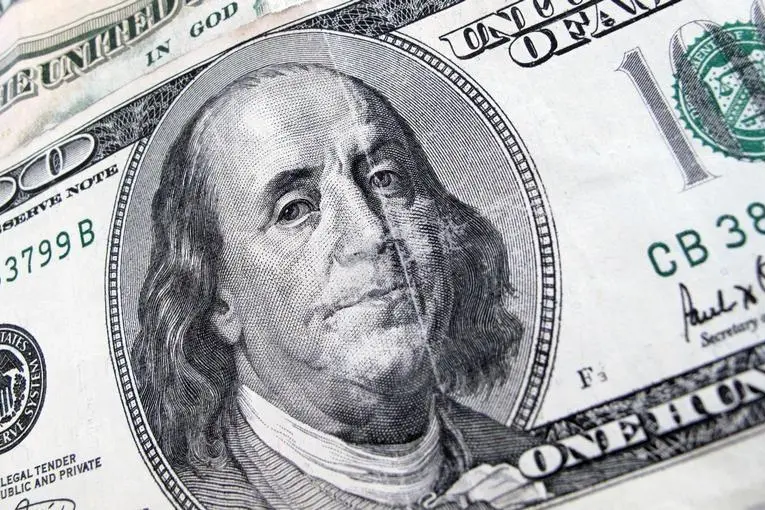PHOTO
SINGAPORE - The dollar remained under pressure on Wednesday, while the euro flirted with a four month peak, as expectations that the Federal Reserve would soon cut interest rates take hold in the market, with thin year-end flows keeping movements limited. With traders out for holidays globally until the New Year, the curtailed week is likely to see muted volumes.
The dollar index, which measures the U.S. currency against six rivals, was at 101.54, just shy of the five month low of 101.42 it touched last week. The index is on course for a 1.9% drop in 2023 after two straight years of strong gains on the back of the Fed hiking rates to battle inflation.
The recent weakness in the dollar has been a result of the markets anticipating rate cuts from the Fed next year denting the appeal of the greenback. Markets are now pricing in a 79% chance of a rate cut starting in March 2024, according to CME FedWatch tool, with as much as 153 basis points of cuts priced in for next year.
"With little to speak of on the economic calendar for this week between global holidays, we do not expect a large swing in pricing to wrap up this calendar year," said analysts at Monex USA. "Liquidity across the world will remain quite thin as many offices remain closed, which could give us some choppiness in markets, but largely this week is expected to remain fairly uneventful."
Meanwhile, the euro was down 0.07% to $1.1034, having touched a four month high of $1.1045 on Tuesday. The single currency is up nearly 3% in the year and is on course for third straight month of gains, matching the run it had last year.
The Japanese yen weakened 0.17% to 142.64 per dollar and is headed for a 8% drop in the year although the Asian currency has witnessed a bout of strength in recent weeks as traders wager that the Bank of Japan will soon exit its ultra-loose policy.
A summary of opinions at the central bank's Dec. 18-19 meeting showed that BOJ policymakers saw the need to maintain ultra-easy monetary policy for now, with some calling for a deeper debate on a future exit from massive stimulus.
Elsewhere, the Australian dollar and the New Zealand dollar both touched a fresh five month peak but were down a touch in early trading. The Aussie last bought $0.6822, while the kiwi was at $0.6321.
(Reporting by Ankur Banerjee in Singapore; Editing by Michael Perry)





















